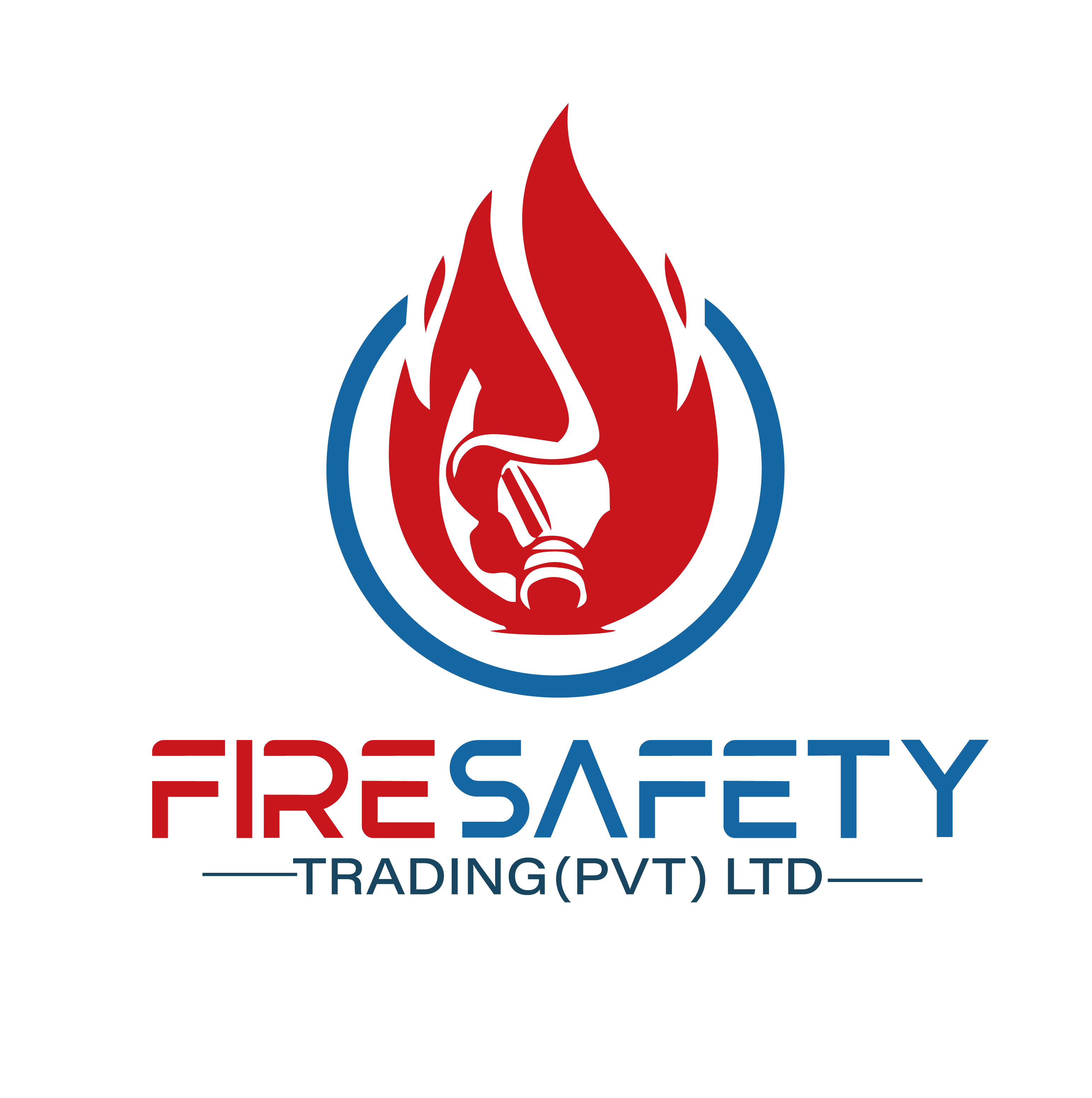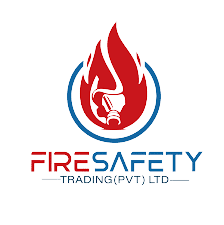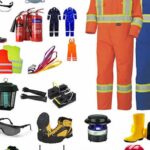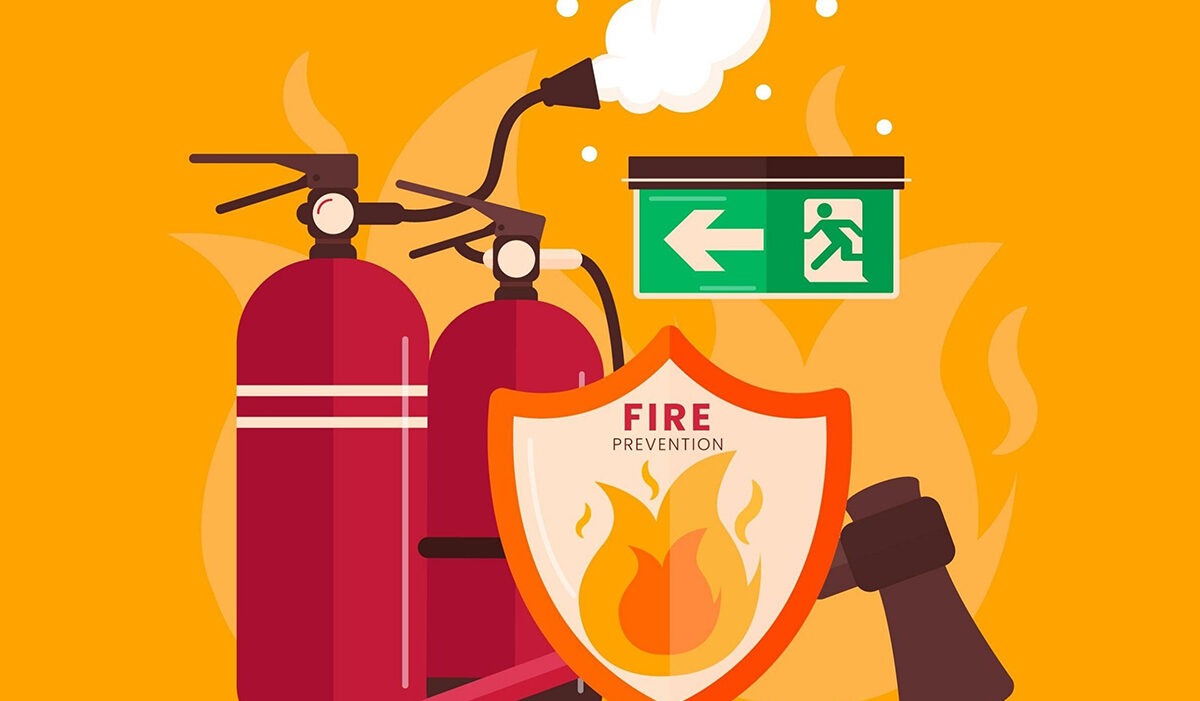Fire is one of the most common hazards that can damage property, threaten lives, and disrupt businesses in Pakistan. In cities like Islamabad and Rawalpindi, where commercial areas, offices, and residential buildings are growing rapidly, fire safety is no longer an option but a necessity. Understanding the key points of fire safety helps individuals, families, and organizations stay prepared for emergencies while also meeting local safety standards.
Why Fire Safety Matters
Every year, accidental fires cause significant losses in homes, offices, and industries. Most of these incidents could be controlled or avoided if proper fire safety equipment and preventive measures were in place. The goal of fire safety is not only to stop fires but also to reduce the risks before they turn into emergencies. Whether you are a homeowner or a business manager, knowing the right steps to take can save lives and protect property.
Key Points of Fire Safety
1. Recognizing Fire Hazards Early
The first step in fire safety is identifying what could start a fire. In homes, common risks include unattended cooking, faulty electrical wiring, and candles. In offices and industrial areas, overloaded circuits, flammable chemicals, and smoking areas are frequent hazards. By checking these sources regularly, you can lower the chances of fire before it begins.
2. Installing Reliable Fire Safety Equipment
No fire safety plan is complete without proper tools. Fire extinguishers, smoke detectors, fire alarms, and sprinkler systems are essential in both residential and commercial spaces. If you are searching for fire safety equipment near me in Islamabad or Rawalpindi, make sure you choose suppliers who provide certified products. Reliable equipment ensures quick action during the first few minutes of a fire, which is often the difference between a minor incident and a major disaster.
3. Choosing the Right Safety Equipment Suppliers in Rawalpindi
Buying fire extinguishers or alarms from uncertified sources can put your safety at risk. Reputable safety equipment suppliers in Rawalpindi not only provide quality products but also guide customers about installation and usage. Always check whether the supplier offers after-sales service, refilling for fire extinguishers, and testing facilities. This ensures your equipment will work when needed.
4. Fire Extinguishers and Their Proper Use
Many people purchase fire extinguishers but never learn how to use them. This reduces their effectiveness in real emergencies. A basic understanding of different extinguishers water, foam, CO₂, and powder types helps you match the right one with the fire you may face. For example, a CO₂ extinguisher is ideal for electrical fires, while foam is better for flammable liquids. Regular training sessions in offices and workshops are essential so that staff members feel confident during emergencies.
5. Regular Maintenance of Fire Safety Systems
Buying equipment once is not enough. Fire alarms, smoke detectors, and extinguishers need regular testing and maintenance. In Pakistan, many businesses overlook this step, which weakens their fire safety plan. Schedule routine checks, refill extinguishers on time, and replace faulty alarms immediately. This habit ensures that your safety system will respond properly when a fire breaks out.
6. Clear Emergency Exits and Evacuation Routes
In many buildings across Islamabad and Rawalpindi, emergency exits are blocked with furniture or storage. This is a serious risk. Fire safety means keeping escape routes open and clearly marked at all times. During an emergency, confusion and panic can cause injuries, so having visible signs and practiced evacuation drills can save lives.
7. Fire Safety Training for Everyone
Fire safety is not just the responsibility of the building owner or management. Every individual whether at home, school, or workplace should know basic fire safety rules. This includes knowing how to raise an alarm, use an extinguisher, and evacuate safely. Regular fire drills build confidence and reduce panic when real emergencies occur.
8. Safe Handling of Electrical Equipment
Electrical fires are among the most common causes of fire incidents in Pakistan. Simple measures like avoiding overloading sockets, repairing damaged wiring, and using circuit breakers can reduce risks significantly. Offices and factories should hire certified electricians for installations and regular inspections.
9. Proper Storage of Flammable Materials
Chemicals, paints, and fuels should be stored away from heat sources and electrical panels. Many industrial fires in Rawalpindi have been linked to poor storage practices. Using labeled containers, proper ventilation, and safety cabinets reduces the chances of accidental ignition.
10. Role of Fire Safety in Workplaces
Businesses in Islamabad and Rawalpindi are legally required to maintain fire safety standards. Beyond legal compliance, a strong fire safety plan protects employees and builds trust with clients. It also minimizes downtime and financial loss in case of an incident. For companies, this is both a safety measure and a smart investment.
11. Coordination with Local Authorities
Fire emergencies require quick response. Establishing contact with local fire brigades and knowing emergency numbers can make a big difference. Many businesses in Pakistan now partner with local fire departments for training and safety audits, ensuring they meet international safety standards.
12. Personal Responsibility in Fire Safety
While equipment and systems are essential, personal responsibility is just as important. Simple actions like turning off gas stoves, unplugging appliances, and avoiding careless smoking can prevent accidents at home. Fire safety begins with awareness and small daily habits.
Fire Safety in Islamabad and Rawalpindi
As urban areas continue to grow, so does the risk of fire-related incidents. In Islamabad, high-rise buildings and commercial centers need advanced safety systems, while in Rawalpindi, old structures with outdated wiring present different challenges. By investing in reliable fire safety equipment and working with trusted safety equipment suppliers in Rawalpindi, residents and businesses can take control of their safety.
Conclusion
Fire safety is a shared responsibility that requires awareness, the right equipment, and consistent practice. By recognizing hazards, installing reliable tools, keeping evacuation routes clear, and training individuals, you create a safer environment for everyone. If you are based in Islamabad or Rawalpindi, make sure you work with professional suppliers who provide not just products but also guidance and support. A small step today in improving fire safety can prevent a major disaster tomorrow.





